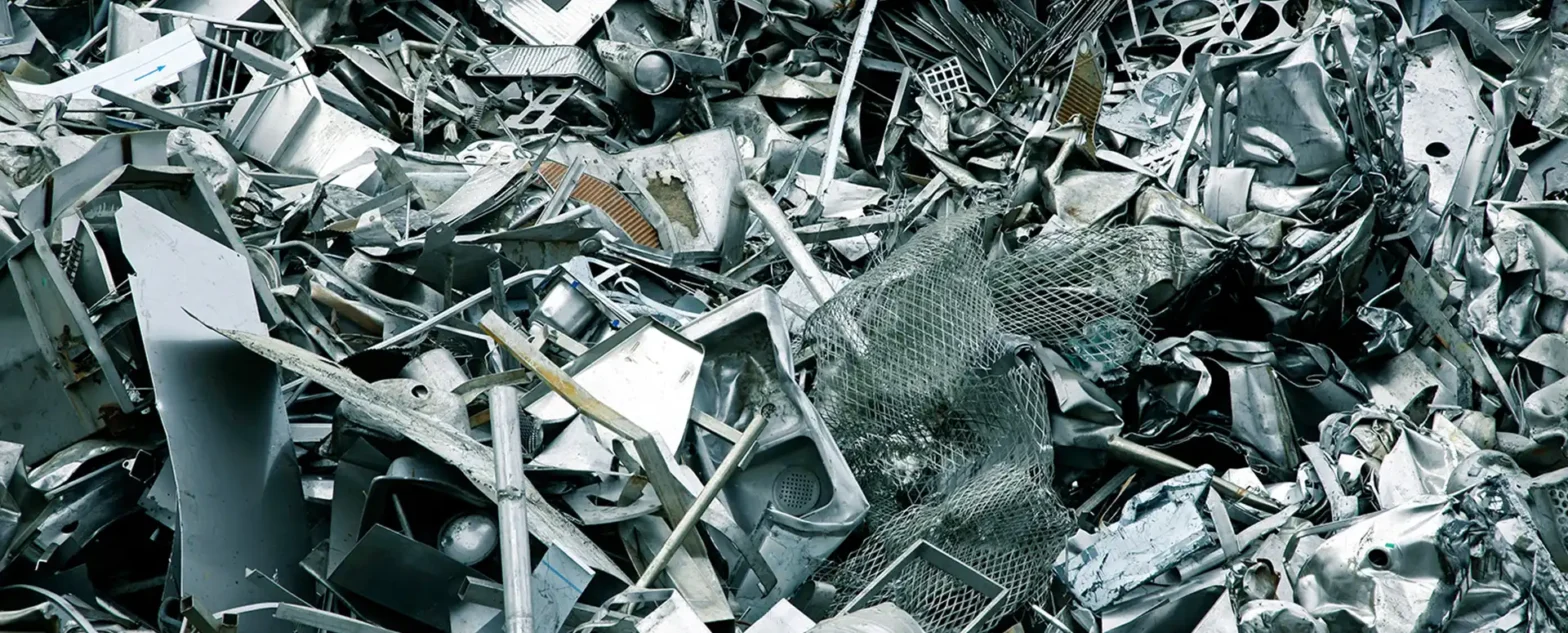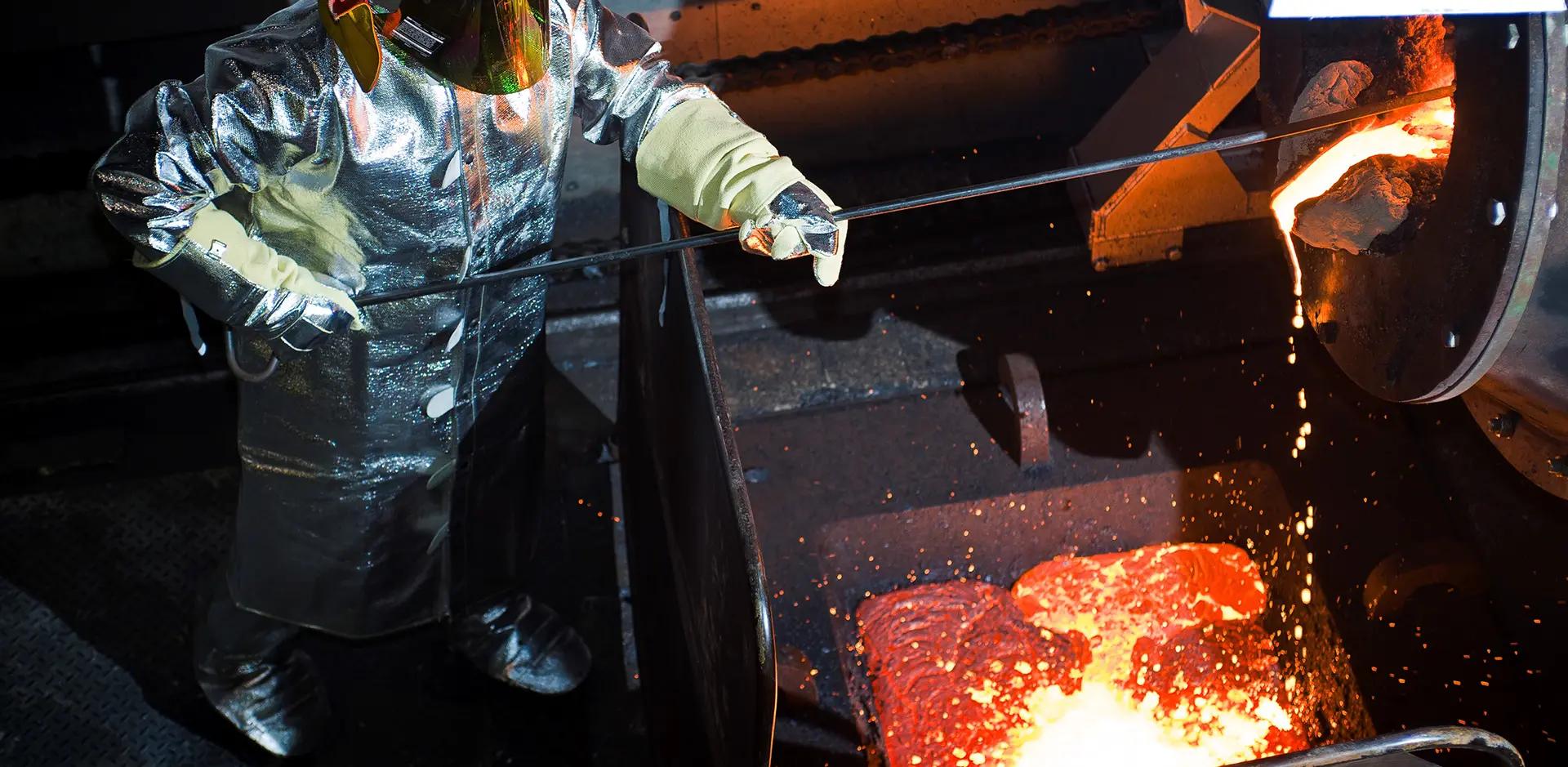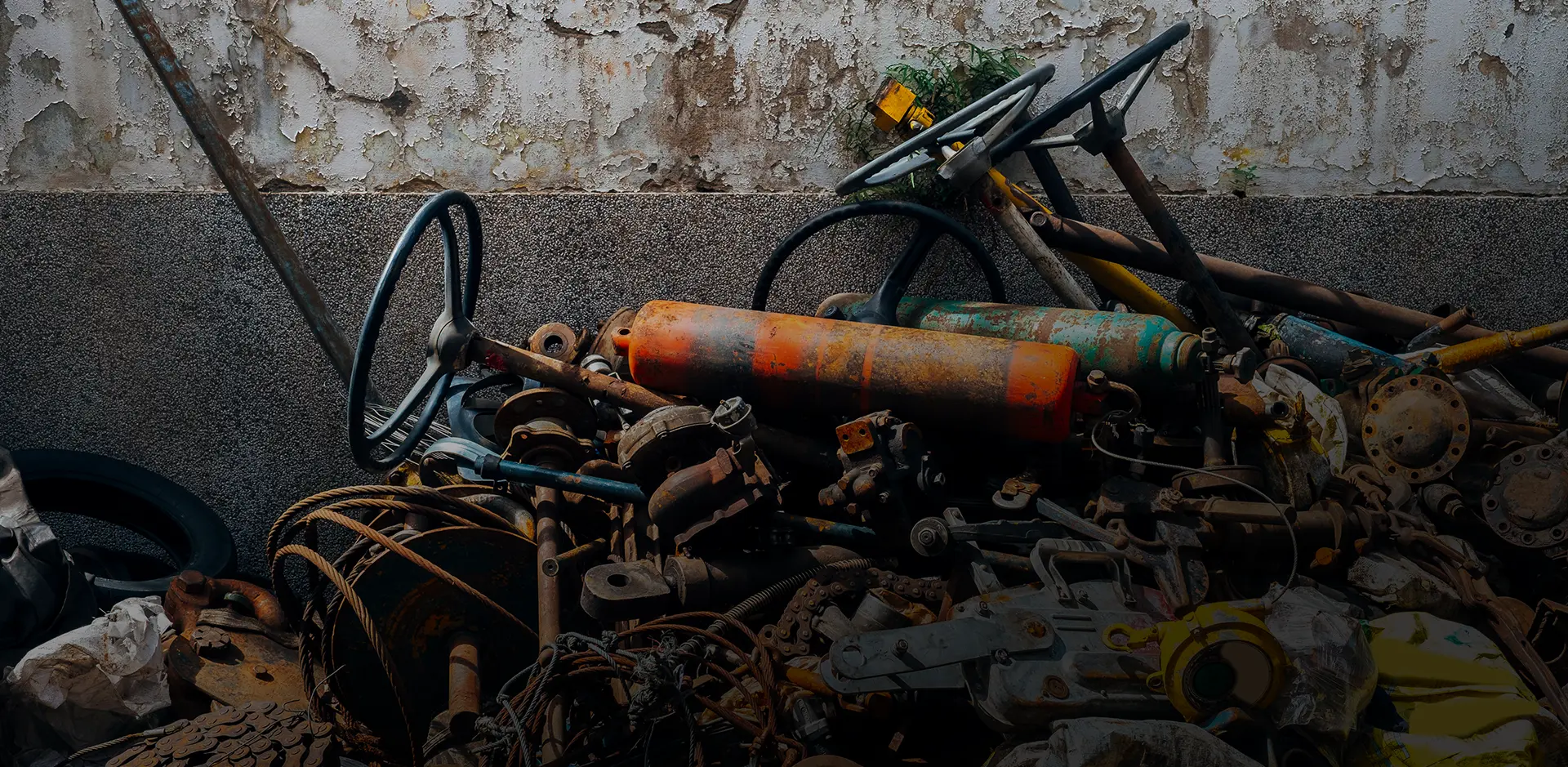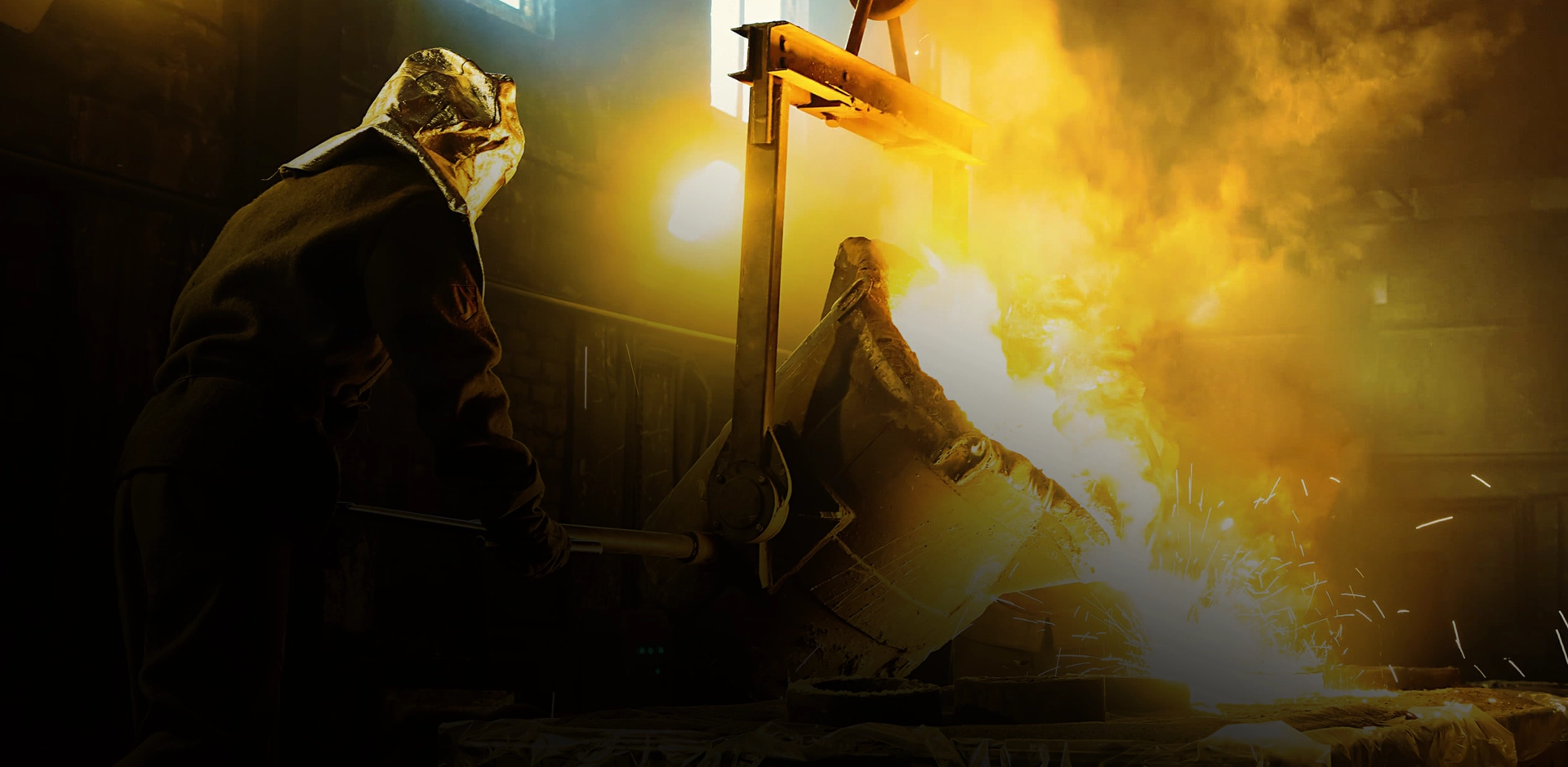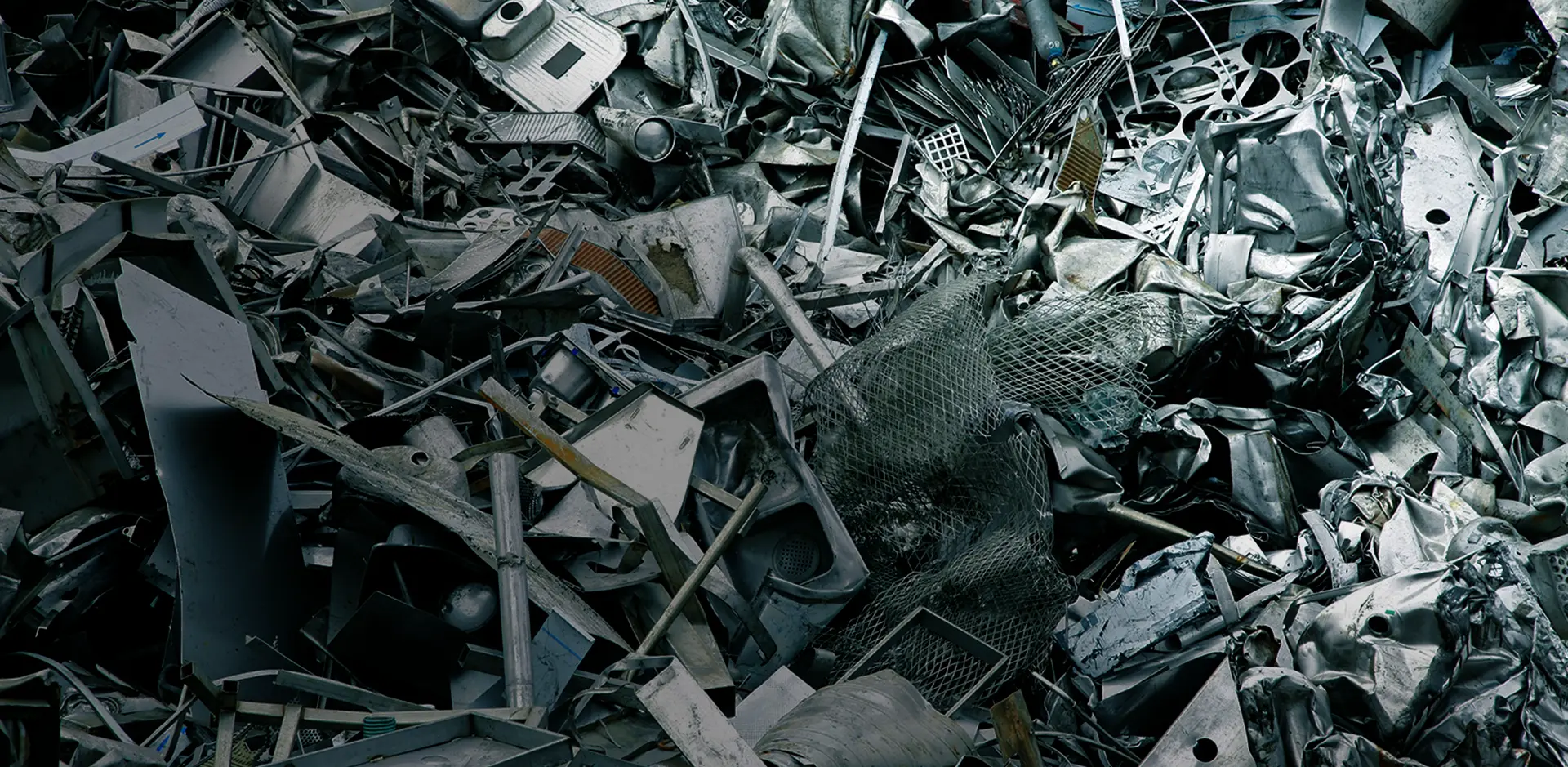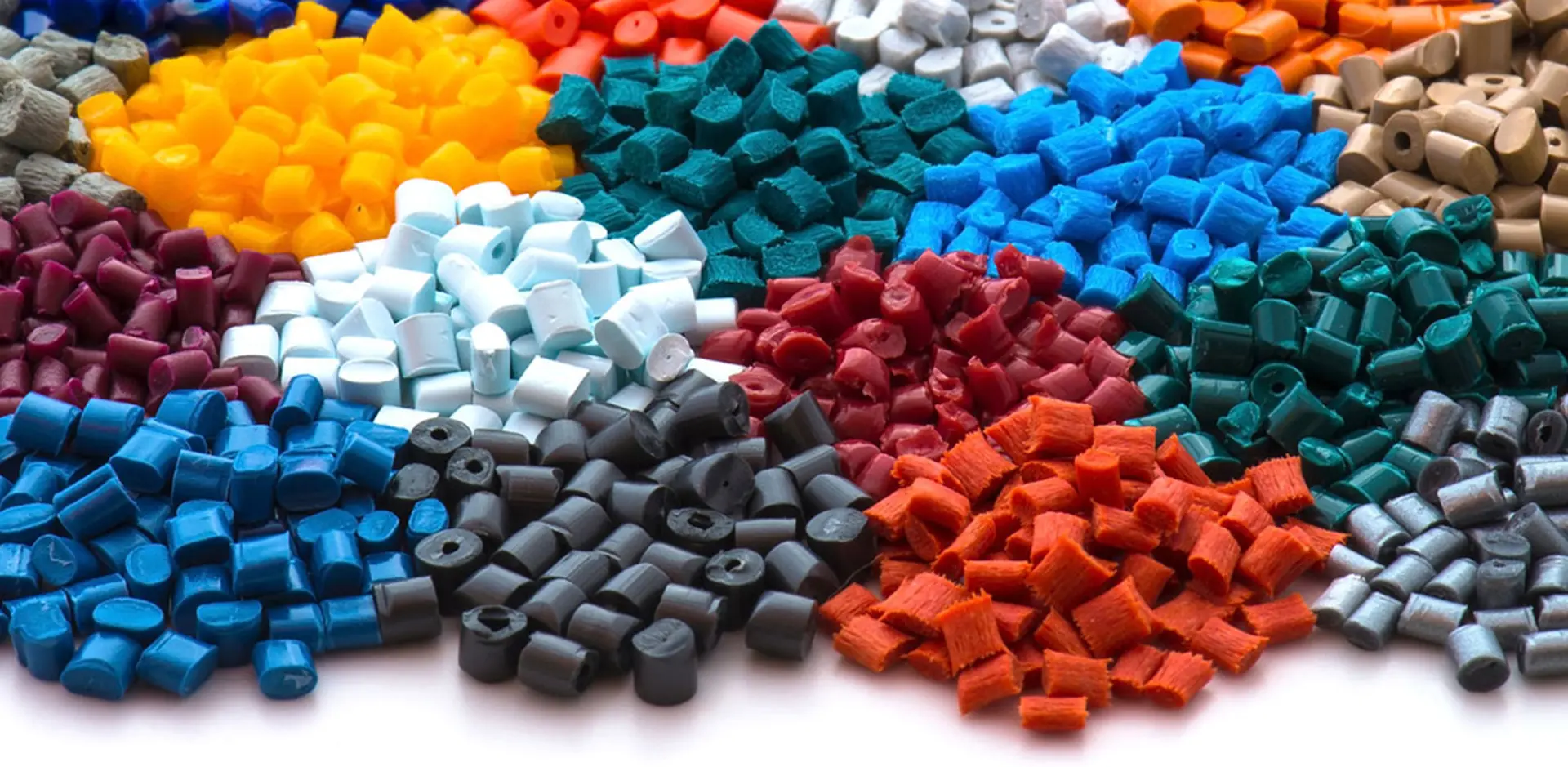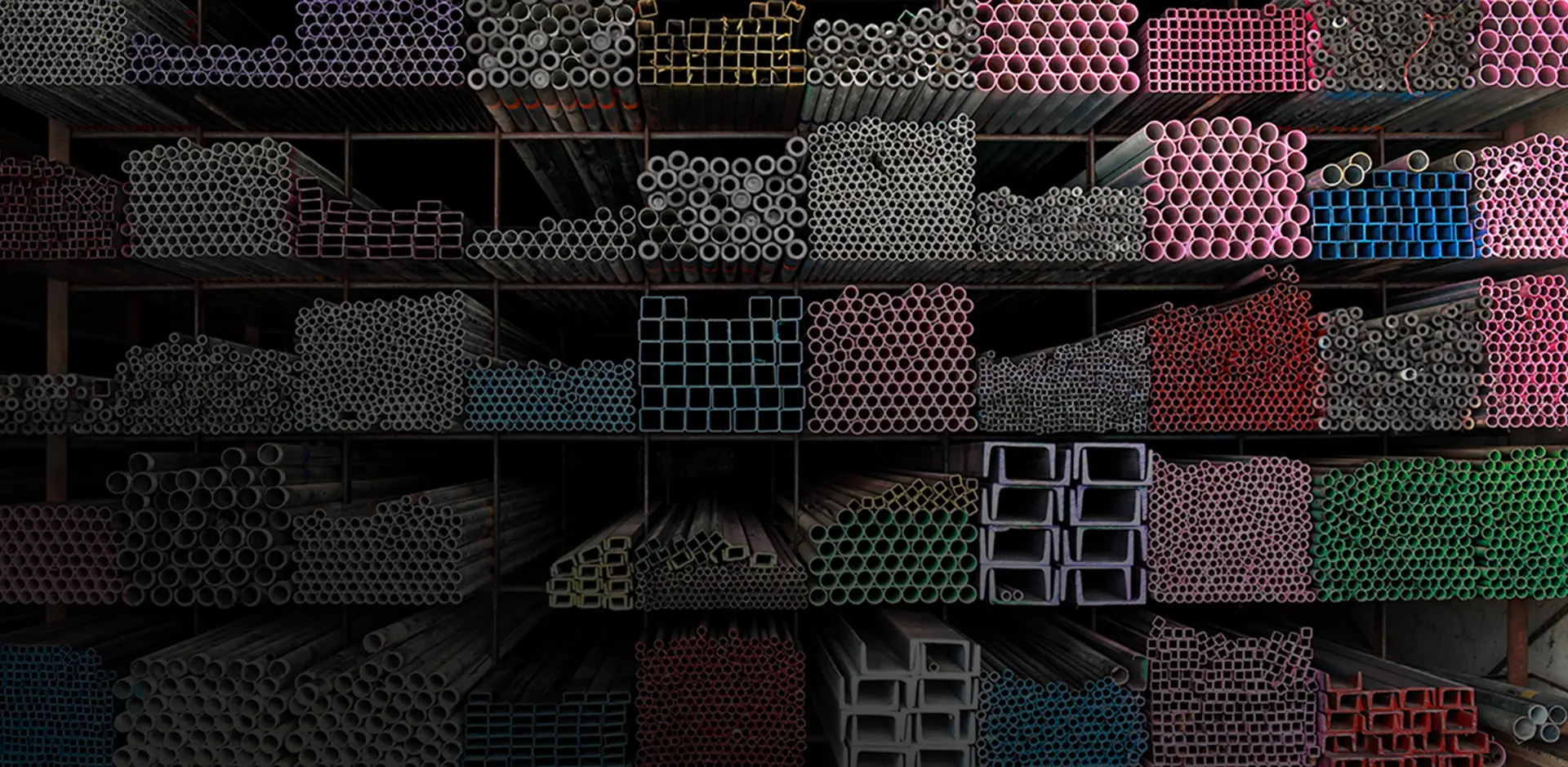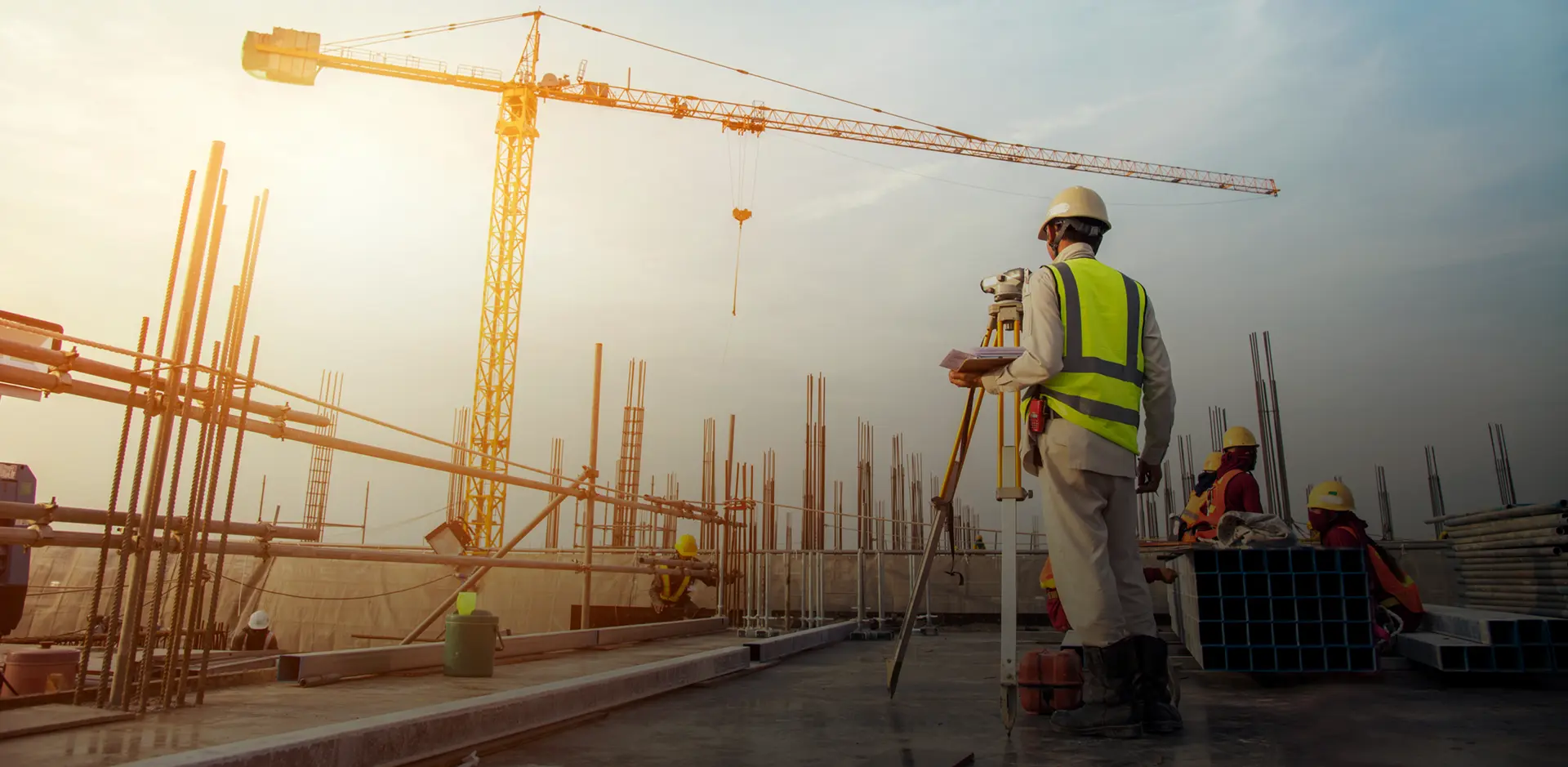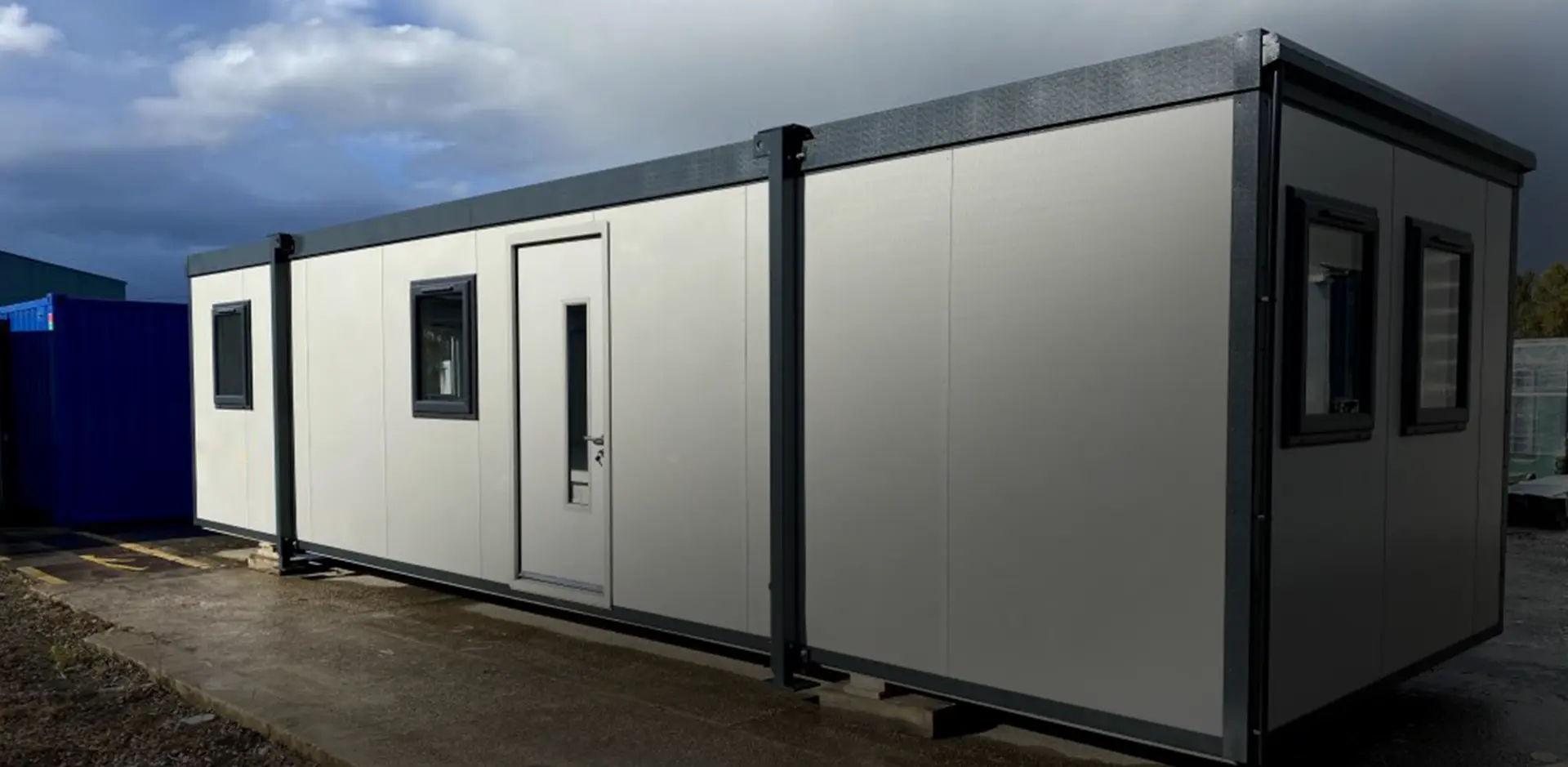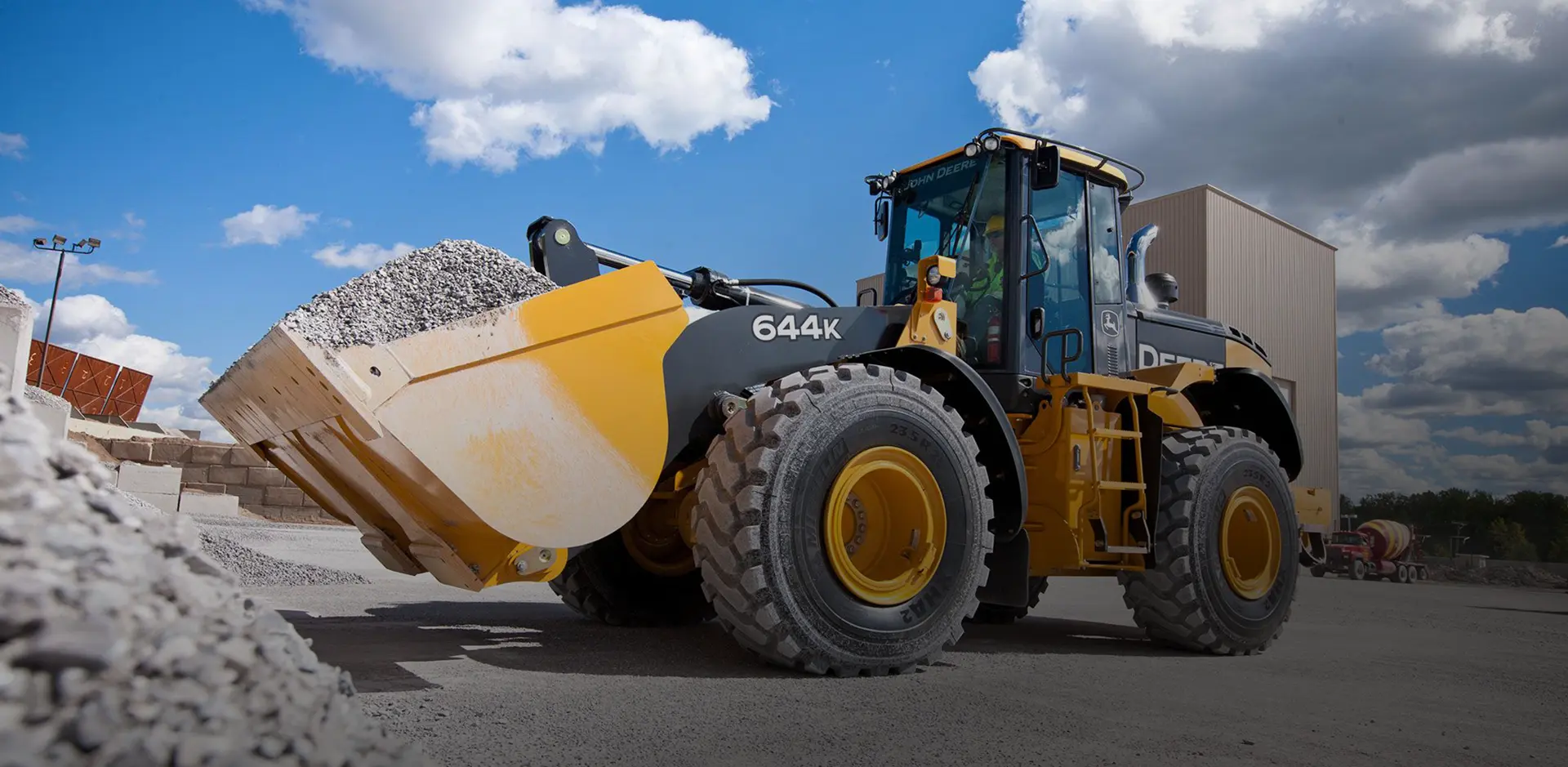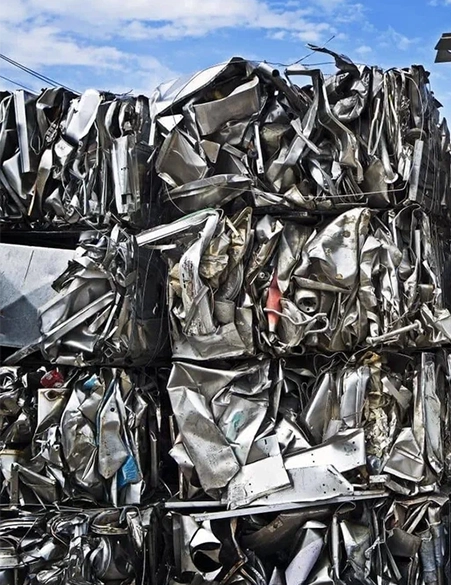
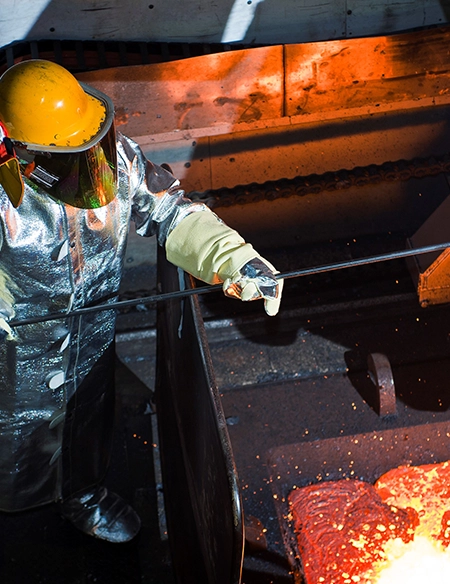
Recycling & Manufacturing of Non-Ferrous Metals
The composting and other reuse of biodegradable waste – such as food and garden waste-is also a form of recycling. Another form of recycling is the salvage of constituent materials from complex products, due to either their intrinsic value (such as lead from car batteries and gold from printed circuit boards), or their hazardous nature (e.g. removal and reuse of mercury from thermometers and thermostats).


Recycling & Manufacturing of Non-Ferrous Metals
Recycling promotes ‘Environmental Sustainability’ by reducing raw material input and redirecting waste output into the economic system. Recyclable materials include Metals wastes such as Scraps of Steel, Lead, Aluminum, copper, and Non Metals like Plastic, Tyres, glass, paper, cardboard, textiles, batteries, and electronics. The composting and other reuse of biodegradable waste – such as food and garden waste-is also a form of recycling. Another form of recycling is the salvage of constituent materials from complex products, due to either their intrinsic value (such as lead from car batteries and gold from printed circuit boards), or their hazardous nature (e.g. removal and reuse of mercury from thermometers and thermostats).
Recycling has additional benefits vis a vis New production by savings on energy as illustrated by the following table.
| Environmental effects of recycling | ||
| Material | Energy Savings Vs New Production | Air Pollution Savings Vs New Production |
| Aluminium | 95 % | 95 % |
| Cardboard | 24% | — |
| Glass | 5-30% | 20% |
| Paper | 40% | 73% |
| Plastics | 70% | — |
| Steel | 60 % | — |
Metal Recycling is not only relatively easy to do, but it can be repeated over and over again. Metals retain their properties and do not degrade when you recycle.
There are a lot of benefits in recycling metals some of which are:
- Less material in landfill
- Reduced energy consumption.
- Less reliance on virgin resources
- Protect the environment.
- Create more sustainable industries.
- Support the circular economy.
Al Thail Group is engaged in Recycling various Waste Materials especially Ferrous and Non-Ferrous Metal Scraps, Plastic, Rubber Wastes etc. The Group has its vision to create a sustainable and environmental-friendly future for the society at large by reducing waste and promoting a circular economy through recycling and responsible waste management, working in close coordination with regulatory authorities.
In line with its commitment to Environmental sustainability, Al Thail Metal Recycling LLC entered into ‘Manufacturing and Recycling Sector’ by setting up a ‘Used Lead Acid Battery(ULAB) Recycling Plant’ at Sohar Industrial Estate, Sultanate of Oman with the latest technology. Plans are also afoot for installing Aluminum and Copper Smelters which are in the advanced stage of construction. Before the end of the current year, the group is also focusing on the E waste recycling.
